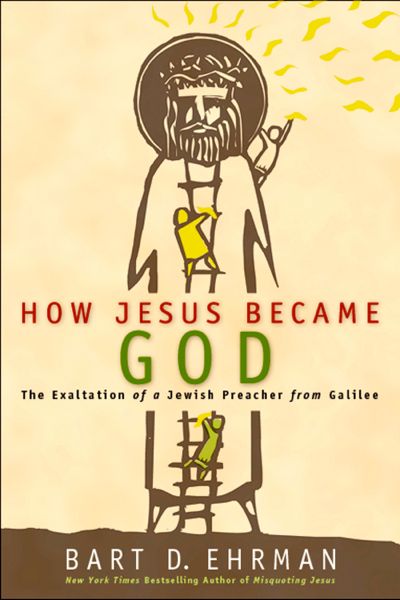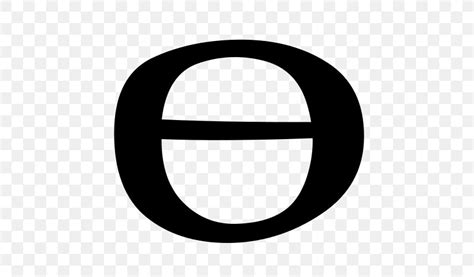|
home | what's new | other sites | contact | about |
|||||||||
|
Word Gems exploring self-realization, sacred personhood, and full humanity
Prof. Bart D. Ehrman
return to the main-page article on "Bible"
Dr. Ehrman speaks of this issue in an interview. Listen at 23:46.
Scholars' controversy concerning I Tim. 3:16 is obscurred in many English translations but can be easily seen in the Amplified Bible:
16 And great and important and weighty, we confess, is the hidden truth (the mystic secret) of godliness. He [[b]God] was made visible in human flesh, justified and vindicated in the [Holy] Spirit, was seen by angels, preached among the nations, believed on in the world, [and] taken up in glory. b. Some manuscripts read “God.”
Prof. Ehrman points out that the Greek could indicate "Jesus Christ - God, who..." or "Jesus Christ, who..." The discrepancy hinges upon whether the Greek omicron or theta is used in the text. The manuscripts offer both expressions. In this case, the issue, in a sense, is not one letter, but just part of a letter, in that, the two Greek letters differ only by the horizontal line! Those who seek for good support that Jesus is God look to I Tim. 3:16 as a "clear" statement to this effect. But the devil is in the details. Some say that even if I Tim. 3:16 cannot be used as evidence of Jesus' godhood, there are other scriptures which confirm - but this failsafe comes with its own problems. The Gospel of John purportedly makes clear reference to Jesus' status as God; but, John is just a political hit-piece written to denigrate the Thomas-Christians; further, it contains glaring and obvious contraditions concerning the reports offered by the other three gospels.
|
|||||||||
|
|




